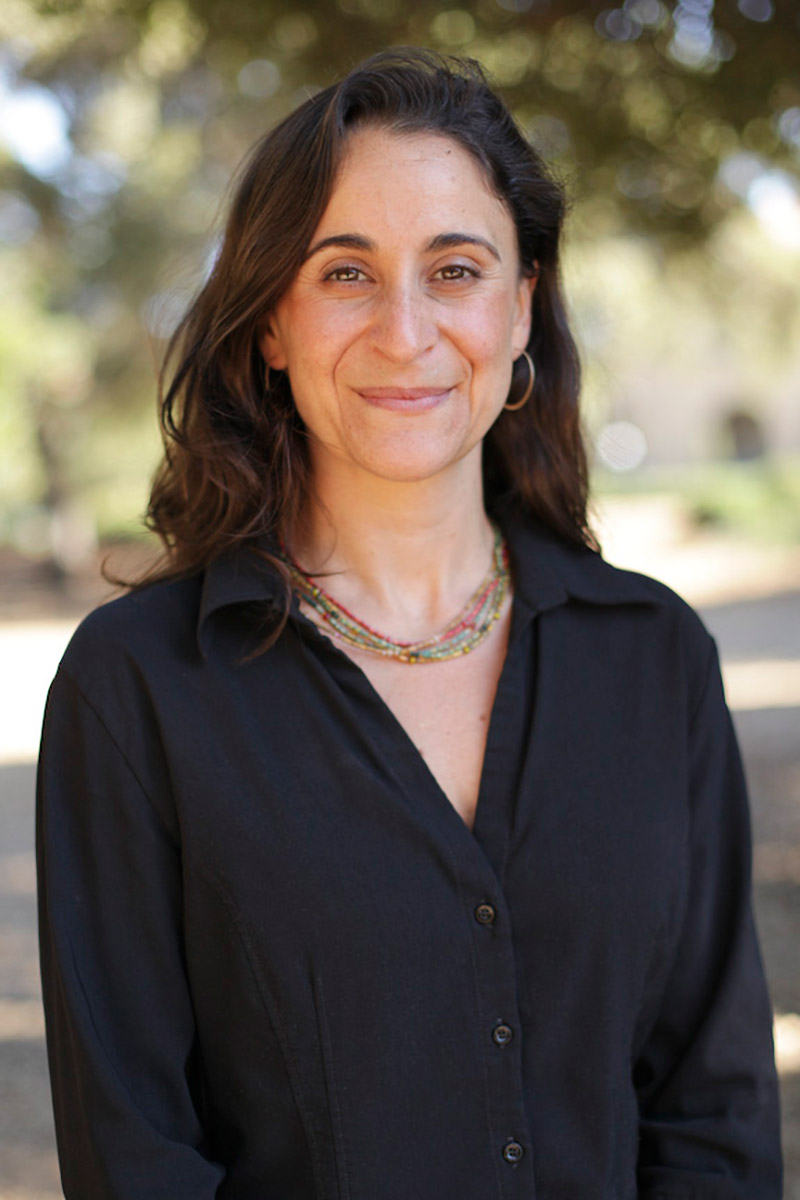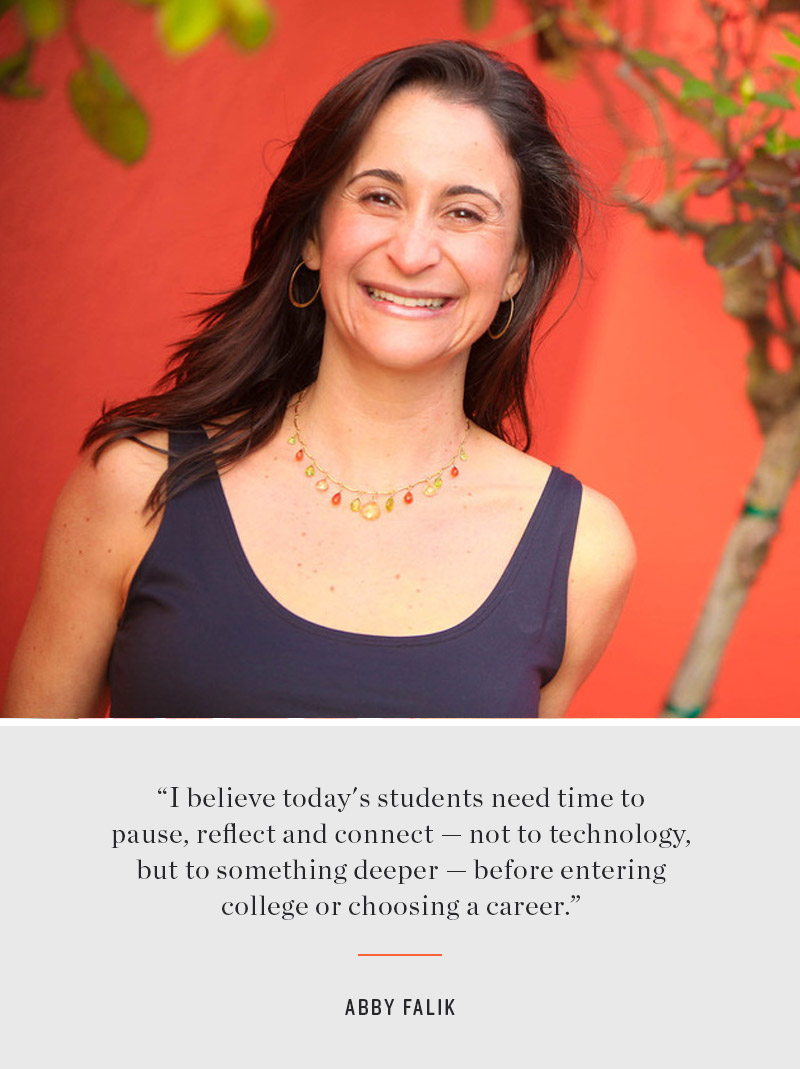In GRAB BAG, I share extra stories, discoveries and gems that don’t quite “fit” anywhere else on my blog — but are too good not to share. Kind of like a piñata or a mystery box: you never know what’s going to be inside! Enjoy!
Years ago, back when I graduated from law school and got a job working in death penalty appeals, I was a brazen lady in a heavily male-dominated field. Poring over thick cases riddled with gruesome murder details? Most people didn’t have the stomach for it. But I found it fascinating, and for many years, I enjoyed being a female trailblazer. (After that, I wound up having kids and opening up a series of businesses, including a bakery—but hey, that’s another story!)
How about you? Do you like being one of a handful of women in a male-dominated space? Do you enjoy shattering stereotypes, defying expectations and proving people wrong? In the mood to smash a glass ceiling or two? Stand out from the pack? Maybe even make history?
It’s shocking, but even today, there are dozens — if not hundreds — of industries that are almost exclusively male-dominated. The reasons for this are complex: stigmas, outdated perceptions about what female are physiologically capable of, sexism, and lots of other-isms.
But as Margaret Mead once said, “Never underestimate the power of a small group of committed people to change the world.” She’s right. Sometimes, all it takes is a couple of strong women knocking on the door—demanding the right to enter—and refusing to take “no” for an answer.
If you’d like to be that kind of woman, here are seven male-dominated industries that could really use someone like you.
You could become a…
1. DETECTIVE
Out of all the detectives and criminal investigators currently working in the US, only about 19% are women. Re-read your old copies of Harriet the Spy—or a couple of female-driven detective thrillers for inspiration and get cracking on a few cases, gumshoe! This field needs you.
2. PILOT
Airline pilots get to travel the world and can earn a lot of money. Top captains at Delta, American, United and Continental earn $150 – $160K per year and pilots for UPS and FedEx can earn over $200K a year.
But women currently hold a measly 2.6% of pilot jobs. Pass me an airsickness bag, because that number just made me feel ill! Channel your inner Amelia Earhart and head for the skies! As Amelia once said, “The most effective way to do it, is to do it!”
3. PRO ATHLETE
Women in sports are finally starting to get respect—and media attention—instead of being shuffled out of the limelight and treated like “lesser” athletes. But we still need more powerhouse female athletes like Ronda Rousey — a Judo champion who is so sensationally talented, the UFC decided to create a female division (after previously saying, “Never!”) just so that Ronda could have the spotlight and compete!
Think you’re “too old” to go pro? Think again. Legendary endurance athlete Rebecca Rusch — a 6-time world champion in adventure racing and endurance cycling, didn’t start riding bikes until she was 30, and didn’t become a professional mountain biker until she was 38 years old. Today, at age 47, she’s still racing and kicking major ass.
4. COMEDIAN
With hysterical gals like Amy Schumer, Mindy Kaling, and Tiny Fey bubbling up in media headlines so much recently, it may seem like women are running the comedy scene. Not so.
Surprisingly, a report from the Writers Guild of America states that just 18% of writers in the film industry are women. In a poll covering the top 100 standup performances of all time, 94 were men, just 6 were from women.
Is the problem that women just aren’t “funny”? I’ll let Amy Schumer answer that one. When asked why there aren’t any women hosting late-night comedy talk shows, she replied, “Because we get our periods at night.” #LOL #AmyForPresident
5. POLITICIAN
Women make up about 51% of the US population. So basically: half. Wondering what percentage of women are currently serving in the US House of Representatives? About 19%. Last I checked: uh, that’s not even close to half.
But if you want to work in politics, moving to Washington D.C. or running for election isn’t your only option. If you feel called to this field, there are loads of positions and opportunities you might not have ever considered.
6. CHEF
Fox News has reported that if you look at the top 160 restaurants in the US, women hold just ten of the coveted head chef positions. That puts a sour taste in my mouth!
One (male) chef that I know told me that many restaurant kitchens are like “pirate ships.” “The cursing, the bro-talk, the hectic pace, being in a tight space surrounded by rude men all day long, some women just don’t like it so they leave the industry,” he explained. “Or they try to ‘toughen up’ and act like ‘one of the guys’, sometimes overdoing it and losing their true personality in the process.”
Sounds pretty rough, but if you feel called to the culinary arts, you can take a few words of encouragement from Executive Chef Roberta Adamo, who says: “Women make great chefs because multitasking is a way of life. We possess determination under difficult circumstances and refuse to give up. And we are sensitive to the needs and wants of others, our guests and staff alike.”
7. CONSTRUCTION WORKER
According to a local newspaper from the city of Saint Paul, Minnesota, zero women (I repeat: zero!) did construction work to help open the newly opened Green Line Light Rail, the largest public works project in the history of the state. Whoa.
This article on what it’s like to be one of the few female construction workers in America sheds some light on why women are disinterested in this industry. (Hostile environments + sexual harassment: just part of the grab bag of fun!).
It might be a tough road, but if you’re female and willing to work in construction, you’ll literally be reshaping history. Currently, less than 3% of these positions are held by women, so there’s a big opportunity to be a change-maker and leader.
There are so many other industries that desperately need more women, too — from architecture to medicine to law enforcement to pretty much every career that involves doing or teaching math. So ladies, we’ve got our work cut out for us.
No matter what kind of career path you’ve chosen:
How could you be a revolutionary—and shake up people’s expectations about what women are “capable” of?
Find great work. Do great work. Unlock every door in your way.
![]()
Image: The Pixel Project.












